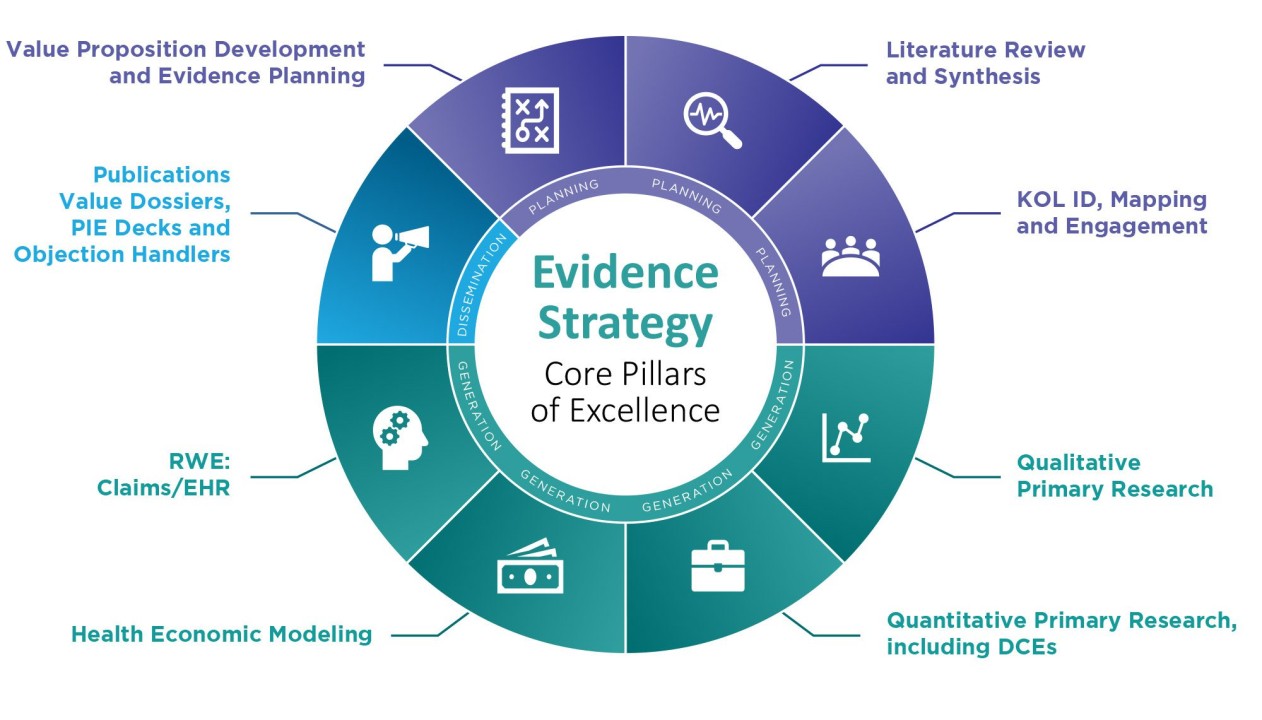Healthcare methods world wide involve complex trade-offs between fees and benefits. From treatments and pharmaceuticals to infrastructure and workforce, every decision impacts patient outcomes, pharma heor. Here's a clearer look at the critical stability healthcare methods goal to keep up and why it matters.

The Charge Element in Healthcare
Healthcare charges encompass a wide selection of expenditures, including however not restricted to clinic stays, doctor trips, medications, surgeries, and preventive care. Globally, spending differences between places usually highlight how economics impact healthcare availability. As an example, the United Claims constantly has among the highest healthcare charges per capita, however outcomes like life span path behind other countries with different types, such as those in Europe.
Climbing charges in healthcare tend to be related to developments in medical technology, an aging population, and chronic disorders getting more prevalent. These developments force the requirement to control costs effortlessly without compromising care quality. For governments, healthcare organizations, and insurers, the emphasis is based on prioritizing cost-effective solutions that maximize positive wellness outcomes.
Benefits and Outcomes in Healthcare Methods
On the switch part, the advantages of healthcare paying go beyond quick patient recovery. Improved health outcomes subscribe to financial output, better standard of living, and long-term savings. Like, preventive steps such as vaccines and regular screenings often lower the requirement for costly remedies later.
The thought of wellness outcomes is quantified using measures like Quality-Adjusted Living Decades (QALYs) and Disability-Adjusted Living Decades (DALYs). These resources examine the value of health interventions, helping decision-makers decide which programs justify investment to enhance citizenry health.
Not every dollar used on healthcare translates into better health. A spot comes where returns minimize, and the included price offers small included benefit. This is why healthcare programs should prioritize source allocation, emphasizing interventions which may produce the absolute most impactful outcomes.
The Managing Behave
The key problem in healthcare preparing is based on reaching an equilibrium between charges and benefits. Policymakers and healthcare leaders often experience honest dilemmas, such as for example choosing whether to finance a high-cost, low-benefit therapy or route sources in to lower-cost, high-impact preventive care. Evidence-based practices, reinforced by robust information analytics and longitudinal studies, offer guidance to make these important decisions.
Knowledge the nuances of healthcare expenses and advantages fosters knowledgeable public opinion and data-driven policymaking. Impressive the proper harmony ensures that assets are used effectively to offer optimum societal and particular health benefits.
